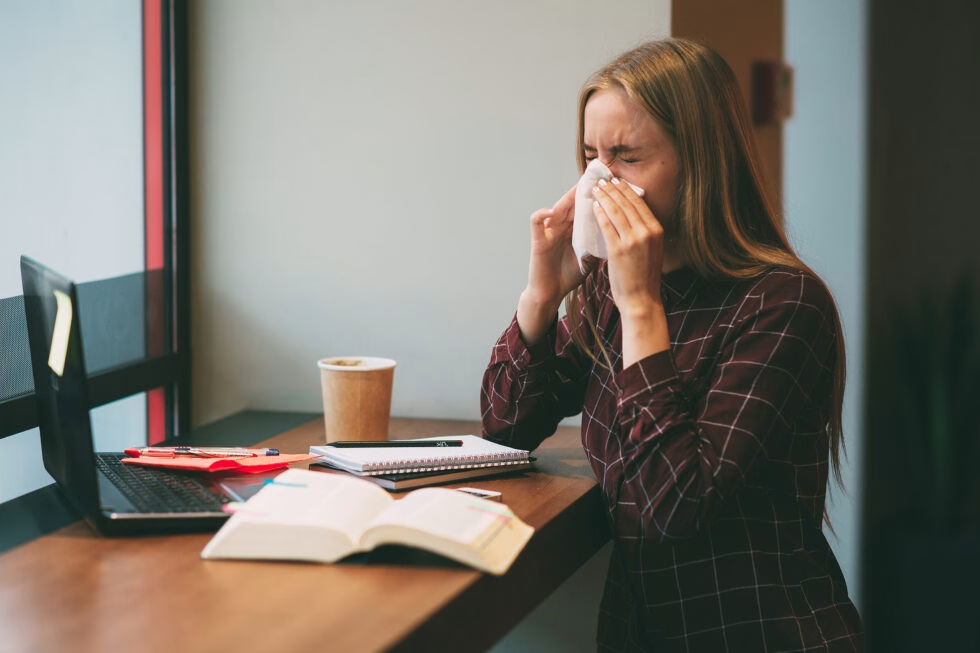
Living in Ballantyne means enjoying a variety of amazing local eateries, like Juniper Grill, and seasonal food festivals. Still, even some of the best meals can have unexpected consequences. Food poisoning is a common yet unsavory health concern that can ruin your whole day and even present serious health risks if left untreated. Knowing its causes, symptoms, and treatment options puts you out of its way and back onto your feet when it does strike.
What is the Cause of Food Poisoning?
Food poisoning occurs when you eat food or drink liquids contaminated by bacteria, viruses, parasites, or toxins. Common culprits include:
- Bacteria: Salmonella, E. coli, and Listeria are well-known bacterial causes of foodborne illness.
- Viruses: Norovirus and Hepatitis A are the most common viruses responsible for foodborne illness.
- Parasites: Giardia or Toxoplasma will also cause illness, though such cases are less common.
- Toxins: Includes those produced by bacteria, notably Clostridium botulinum, and toxins naturally present in some fish and plants.
Contamination can occur at any point in the food production process, from improper handling and storage to undercooking or cross-contamination during preparation.
Food Poisoning Symptoms
The symptoms of food poisoning can range from mild discomfort to severe illness, depending on the contaminant and the individual’s health. Common symptoms include:
- Gastrointestinal Symptoms:
- Nausea
- Vomiting
- Diarrhea
- Abdominal cramps
- Systemic Symptoms:
- Fever
- Fatigue
- Muscle aches
- Digestive Upset:
- Loss of appetite
- Bloating
- Excessive gas
Symptoms typically develop within hours to several days following the ingestion of contaminated food and can last from a day to several days.
Best Remedies to Cure Food Poisoning
For most types of food poisoning, treatment is directed at managing symptoms and preventing dehydration. Key steps include the following:
Rest and Hydration
Drink plenty of fluids, such as water, clear broths, or electrolyte solutions, to replace lost fluids and prevent dehydration.
Stay away from caffeine and alcohol, which will worsen dehydration.
Diet Modifications
When nausea improves, resume with bland, easy-to-digest foods: bananas, rice, applesauce, and toast (BRAT diet).
Avoid dairy, fatty foods, and spicy dishes until symptoms are resolved.
Over-the-Counter Medications
Anti-diarrheal medications like loperamide may be useful in decreasing the frequency but should be used judiciously. These should be avoided if there is suspicion of bacterial infection since this will prolong the illness.
Acetaminophen is an analgesic that can reduce fever and discomfort; however, it should not be taken more than directed.
When to Seek Medical Care at AFC
Most food poisoning cases will resolve on their own, but there are a few instances in which you should seek medical attention immediately. Visit our clinic if any of the following occur:
- Persistent or Severe Symptoms
- Diarrhea or vomiting that has lasted more than two day
- Severe abdominal pain or cramping
- Dehydration Signs
- Dry mouth
- Extreme thirst
- Infrequent urination or urine that is darker in color
- Dizziness or lightheadedness
- High Fever
- If it is above 101.5°F (38.6°C), a more serious infection should be suspected.
Populations at Risk
Because complications from this virus are most frequent and serious among pregnant women, younger children, older adults, and people with certain chronic health conditions who have weakened immune systems, medical care should be sought immediately if symptoms appear.
Risks of Ignoring Symptoms
Ignoring food poisoning symptoms can lead to the following serious health risks:
- Severe dehydration due to persistent vomiting and diarrhea with dangerous electrolyte imbalances.
- Organ damage from pathogens like E. coli, which can also cause kidney failure.
- Systemic infections, though rare, when bacteria spread beyond the GI tract and necessitate more aggressive intervention.
Why Choose AFC Ballantyne for Food Poisoning Care?
At AFC Ballantyne, we can help you recover from food poisoning with the best care so you can be back on your feet as quickly and safely as possible. Here’s why we are your best choice:
Fast, Easy Access
Our walk-in clinic promises you shorter waiting times compared with a typical ER, so you’re in and out quickly.
With extended hours—evenings and weekends—it’s easier to get the care you need when you need it most.
Comprehensive Diagnostics and Treatment
On-site diagnostic tools help us identify the cause of your symptoms and tailor a treatment plan to your needs.
Personalized care by our experienced health professionals eases discomfort and addresses dehydration or other complications.
Affordable Care
AFC clinics are more affordable for patients than emergency rooms and provide quality medical care without the hefty price tag.
Food poisoning is an unwanted health condition; however, it can be dealt with in a better way once the causes, symptoms, and available treatment options are known. If you or your loved one is experiencing severe or prolonged symptoms, don’t hesitate to come for care at our clinic. With our convenient location, extended hours, and commitment to patient-centered care, we’re here to help you feel better fast. Don’t allow food poisoning to get in the way of your life; visit AFC Ballantyne today for the care you need. Your health is our top priority, and we’re committed to getting you back to enjoying all that Ballantyne has to offer.


